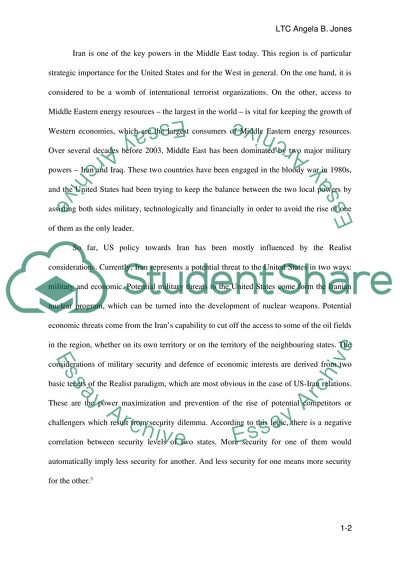Cite this document
(“International Relations Theories Admission/Application Essay”, n.d.)
International Relations Theories Admission/Application Essay. Retrieved from https://studentshare.org/military/1435371-international-relations-theories
International Relations Theories Admission/Application Essay. Retrieved from https://studentshare.org/military/1435371-international-relations-theories
(International Relations Theories Admission/Application Essay)
International Relations Theories Admission/Application Essay. https://studentshare.org/military/1435371-international-relations-theories.
International Relations Theories Admission/Application Essay. https://studentshare.org/military/1435371-international-relations-theories.
“International Relations Theories Admission/Application Essay”, n.d. https://studentshare.org/military/1435371-international-relations-theories.


